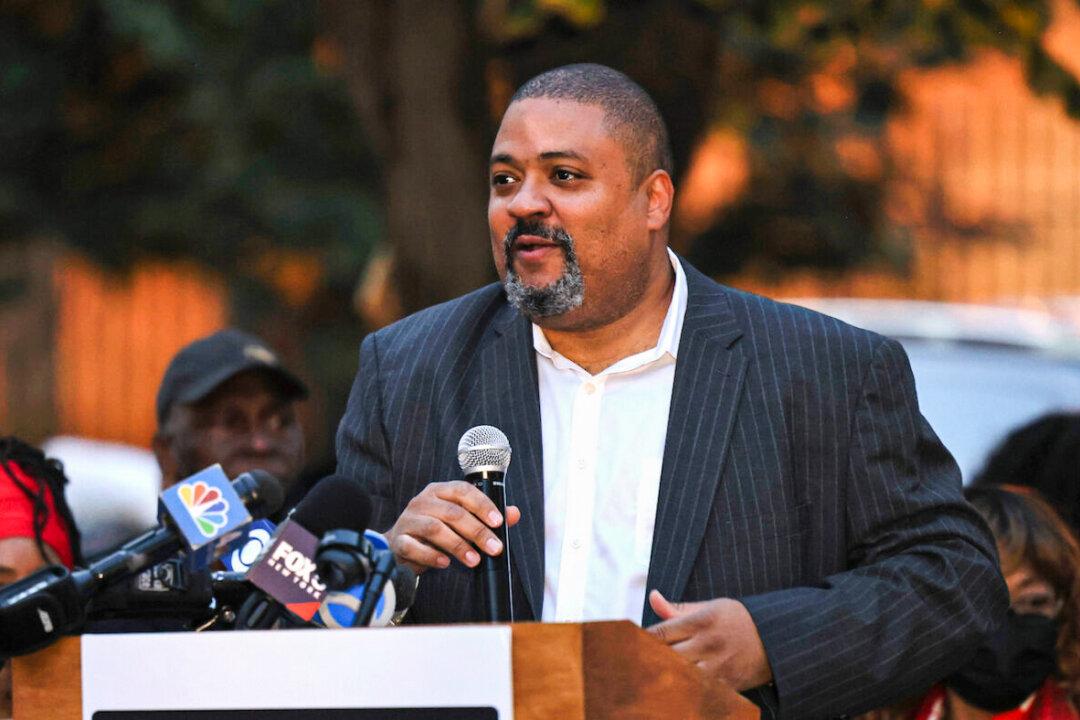A Republican lawmaker is considering ways to hold prosecutors who abuse their powers to greater legal liability, including ending blanket legal immunity from lawsuits for misconduct.
Republican lawmakers in the House of Representatives have been floating a number of ways to ensure professional conduct by prosecutors, days after former President Donald Trump revealed he would likely be prosecuted by Manhattan District Attorney Alvin Bragg, whom critics accuse of using the justice system to target political opponents and Trump linked to donations from Democratic party megadonor George Soros. Some Republican lawmakers called for Bragg to testify before Congress, raising the possibility of blocking politicized prosecutors from receiving federal funds.





